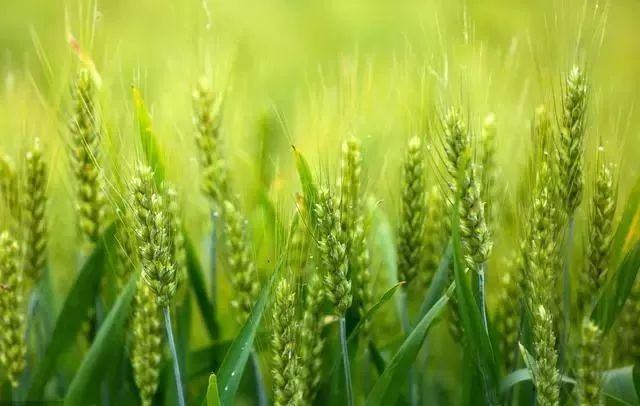Which crops can use "chlorine" compound fertilizer? Which crops are prohibited?
VIEWS: times Release Date:2020-11-09
Some plants are very sensitive to chloride ions. When the absorption reaches a certain level, it will obviously affect the yield and quality. These plants are usually called chlorine-free crops.Which crops can use "chlorine" compound fertilizer? Which crops are prohibited? Here is a brief introduction:

1. Crops with strong chlorine tolerance.
Crop that can grow normally under the condition of soil chlorine concentration greater than 600 mg/1 kg. Such as: rice, cotton, kenaf, spinach, sugar beet, sorghum, millet, etc.
2. Crops with moderate chlorine tolerance.
Crop that can grow normally under the condition of soil chlorine concentration greater than 300-600 mg/kg. Such as: wheat, rape, corn, soybeans, broad beans, peas, sugar cane, peanuts, tomatoes, cucumbers, radishes, etc.
3. Crops with weak chlorine tolerance.
It can only adapt to crops that can grow normally under the condition of soil chlorine concentration less than 300 mg/kg. For example: potatoes, watermelons, citrus, tea, peppers, rice cabbage, grapes, etc. In areas where the soil chlorine is less than 50 mg/kg, these crops can use potassium chloride and chlorine-containing low-chlorine fertilizers.
Lettuce, cabbage, sweet potato, flue-cured tobacco, strawberries, apples, and young trees are chlorine-free crops. It is best not to use chlorinated fertilizers such as ammonium chloride.
Previous : Which fertilizers can be used for drip irrigation?
Next : How to fertilize carrots correctly
Latest News
- The company overcame difficulties and won a "good start" in the first quarter ...2022-03-28
- Safe Production ...2022-03-28
- first-line collection ...2022-03-26
- Huaqiang News ...2022-03-26
- Huaqiang Chemical Strong Agriculture Project ...2022-03-25
- huaqiang news ...2022-03-24
- winning unit ...2022-03-22
- Huaqiang News ...2022-03-21
Related Information
- The best fertilizers for fruits and crops ...2020-05-26
- Huaqiang Chemical Group NPK fertilizer pdf ...2020-04-01
- Humic Acid Fertilizer ...2019-12-31
- Bulk Blending Fertilizer ...2019-12-27
- Water Soluble Fertilizer ...2019-12-08
- NPK Fertilizer ...2019-12-02
- Potassium Sulfate Fertilizer ...2019-11-30
- Urea Fertilizer ...2019-11-21
MESSAGE
Our sales staff will be the first time to get in touch with you,to provide you with the latest price.
-
Chemical Products
-
Compound fertilizer
-
Contact Us
Huaqiang Chemical Group Stock Co.,Ltd.
No.1 Jinping Avenue, Dangyang , Hubei , China
Http://www.hq-chemical.com
info@hq-chemical.com
Tel:+86 717 3431866
Mobile: +86 18627120543
© Copyright 2021 Huaqiang Chemical Group Stock Co.,Ltd. All Rights Reserved



